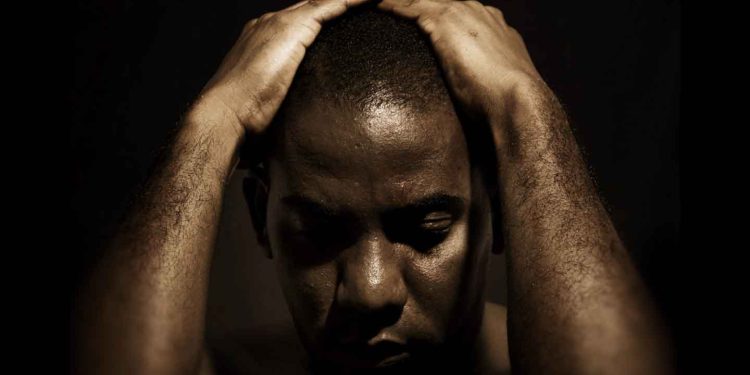When men say they want peace, what exactly do they mean? This question lingers, elusive, as the word “peace” is tossed around casually, often without true understanding. Peace is a complex and multifaceted concept, far more profound than just the absence of conflict. In fact, achieving and maintaining peace often requires strength, clear boundaries, and, paradoxically, a willingness to engage in struggle.
For many men, peace is more than just a serene state of mind; it is the reward after a daily battle. The weight of responsibility placed on the average African man can be overwhelming. From familial expectations to professional pressures, societal demands, and relationships with friends and significant others, an African man often finds himself at the centre of a whirlwind of obligations. These responsibilities compel him to push harder, striving not only for survival but also for the stability of those around him. And if stability is achieved, he works even harder to sustain it, often through tireless efforts in investment, planning, and self-sacrifice.
In this relentless pursuit, the African man becomes a force of nature. He is shameless in his drive, undeterred in his focus, and relentless in his commitment to achieving his goals. Yet, beneath this hardened exterior lies a simple expectation: the desire for peace, for rest, for a moment of stillness where the world can fade into the background.
So, what is peace for him? Peace is not just a word—it is a sanctuary. It is coming home after a long day, to a space that feels like a refuge, a place where the weight of the world can momentarily be set aside. Peace is knowing that, for the next few hours, he can close his eyes without fear, secure in the knowledge that, barring an unforeseen catastrophe, everything will be alright.
Peace is the assurance that the little resources he has are enough and that his efforts are recognised and appreciated, especially when it comes to the basic things. It is the confidence that someone is watching his back, no matter how small the gesture may seem.
Above all, peace is the absence of conflict. It is returning to his personal sanctuary and not being met with needless quarrels or complaints. It is the gift of tranquillity and emotional support, the knowledge that his space is safe and sacred, free from unnecessary strife. In many ways, peace is a psychological and emotional escape — a rare opportunity to recharge in a world that demands so much from him.
The ultimate peace which transcends understanding, comes from a higher source. True peace, the kind that satisfies the deepest longings of the heart, can only be found in trusting in the Lord. When a man chooses to lean not on his own understanding but acknowledges God in all his ways, the path before him is made smooth. It is in this trust and surrender that a man finds the peace that lasts, a peace that is not just momentary but eternal.
In the end, peace is not just a fleeting moment of rest; it is a state of being, a profound connection with oneself, one’s surroundings, and, ultimately, with God. The journey to peace may be long and arduous, but when a man finds it, he discovers that it was worth the fight all along. Peace, in its truest form, is the reward for a life well lived, a heart well-loved, and a soul that trusts in something greater than itself.


